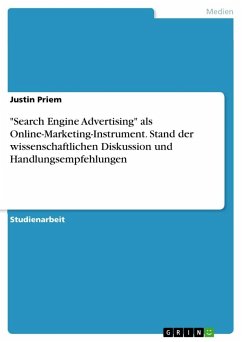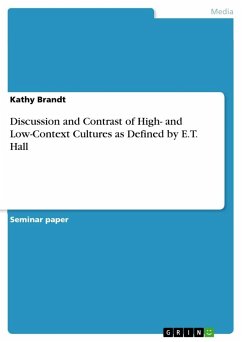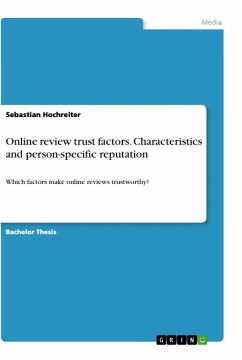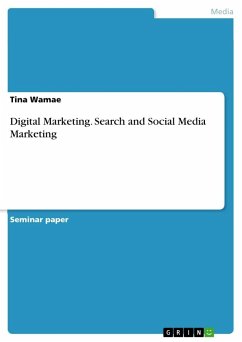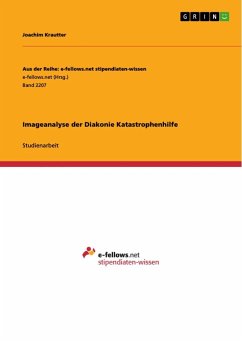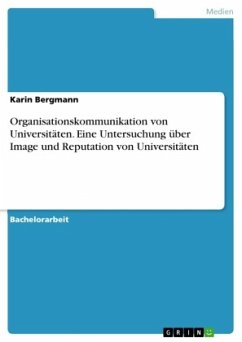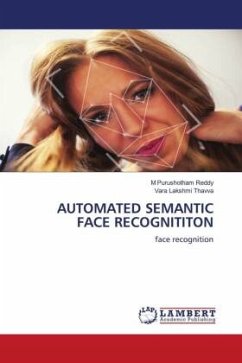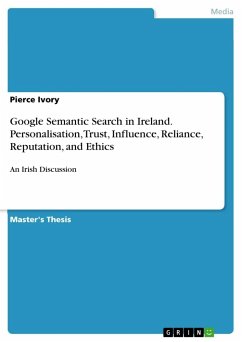
Google Semantic Search in Ireland. Personalisation, Trust, Influence, Reliance, Reputation, and Ethics
An Irish Discussion

PAYBACK Punkte
0 °P sammeln!
Master's Thesis from the year 2015 in the subject Communications - Public Relations, Advertising, Marketing, Social Media, grade: First Class Honours, , course: Masters Degree in Digital Marketing - Semantic Search Personalisation, language: English, abstract: This research is an investigation into the Irish public's perception of Google search. The study examines the methods used by Google to present users with the most relevant and satisfactory search results. 95% of the online public in Ireland use Google as a search tool. This study aims to uncover true user sentiment in Ireland. The objec...
Master's Thesis from the year 2015 in the subject Communications - Public Relations, Advertising, Marketing, Social Media, grade: First Class Honours, , course: Masters Degree in Digital Marketing - Semantic Search Personalisation, language: English, abstract: This research is an investigation into the Irish public's perception of Google search. The study examines the methods used by Google to present users with the most relevant and satisfactory search results. 95% of the online public in Ireland use Google as a search tool. This study aims to uncover true user sentiment in Ireland. The objectives of this research are to reveal how the Irish public view Google in regards to semantic search personalisation, trust, influence, reliance, reputation, and ethics. The existing literature revealed that Google's search engine has evolved from, one that used Boolean Search logic to match keywords, to a semantic engine that understands user intent and context. The literature also reveals how the younger 'Millennial' generation associate the Internet with one brand, Google. The literature examines search personalisation and how intuitive it has become as it serves us with content that matches our online behaviour. We discover that over-personalisation is narrowing our search bubble which in turn can blind us from other information outside our search reach. During the course of this study, a mixed method research was used to measure and discuss public opinion. This study has identified where literature has fallen short. Where gaps have appeared in the literature, qualitative meaning has been extracted from 3 groups of people from differing levels of technical ability and experience. It was discovered that age demographic affects how we view Google as a search engine. Quantitative findings revealed that 75% of users were aware of personalisation but 70% of these users were not always happy with the results. Although a general consensus was formed that personalisation was helpful in many respects, it was also argued, in some camps, that it breached ethical boundaries. Overall, there was a national split whether users considered personalisation ethical or not. This study leaves open the debate of how we perceive Google as a nation but it also gets closer to the truth of how we feel about the search engine on a personal level. The research also confirms that there is plenty of opportunity to carry out further studies into this area.




